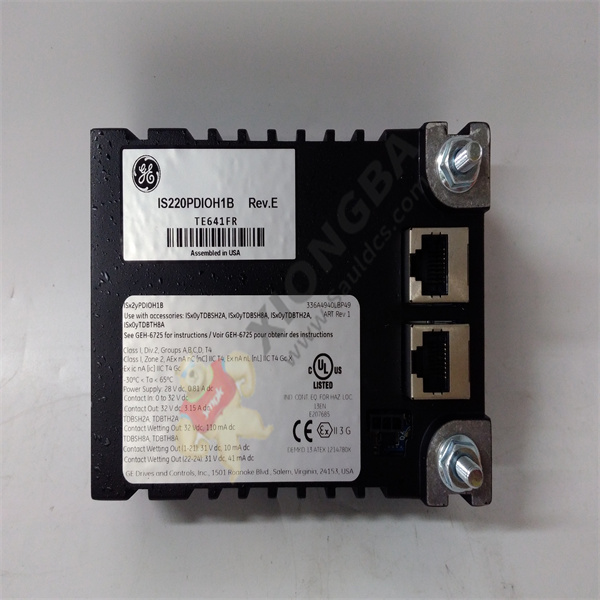On August 18-20, the final of the “Second College Electrical and Electronic Engineering Innovation Competition”, sponsored by China Electrotechnical Society and hosted by Beijing Jiaotong University and exclusively named by Schneider Electric, was successfully held in Beijing Jiaotong University. In the final, more than 180 college students from 34 universities and 54 participating teams across the country demonstrated and defended, fully demonstrating the innovative vitality of contemporary college students who adhere to the forefront of engineering technology and combine theory with practice.
As a national influential engineering practice competition for college students, College Electrical and Electronic Engineering Innovation Competition aims to promote the close connection between college engineering education and engineering practice, effectively cultivate students’ exploration and innovation ability and the ability to solve complex engineering problems, and promote teachers to combine theoretical teaching with engineering practice. With the theme of “Embracing dual carbon and realizing new power system solutions”, this year’s competition has set up a regular track and a corporate track. Among them, the conventional track is divided into hardware and software two tracks, including new energy and comprehensive energy,

IS220PDIOH1B
future grid, energy storage, power industry software four proposition directions. The corporate track is the “Schneider Electric Go Green Power Electronics Win Track”, which focuses more on product innovation and industry applications.
This year, under the careful planning and organization of the organizing committee, universities all over the country actively participated, a total of 811 teams from 172 universities signed up, and nearly 4,000 college students participated. After the preliminary and semi-final competition, 54 teams from 34 universities stood out and entered the final. In the end, after fierce competition, the teams of Huazhong University of Science and Technology, North China Electric Power University and Zhejiang University won the special prizes of hardware track, software track and enterprise track respectively. Other teams won the first and second prizes in each circuit. This competition has emerged a large number of solid theoretical and technical skills and refreshing entries. For example, the team of Zhejiang University, which won the special prize of the Go Green circuit, proposed innovative ideas for the design of DC/DC bidirectional converter by combining two kinds of wide-gap power semiconductors and optimized control methods, and designed just the right heat dissipation system combined with the actual operation to optimize its power density. This not only improves conversion efficiency, but also reduces carbon emissions. Team leader Xu Chuyi said, “I am very grateful for the training opportunity provided by the competition. From the knowledge in the textbook to the actual prototype, every thought and innovation makes us deeply feel the power of power electronics technology, and also strengthens our confidence and determination to continue to be down-to-earth and diligent.”
The popularity of this year’s competition is inseparable from the increasing popularity of the concept of sustainable development. After the “3060” dual-carbon goal was proposed, green low-carbon has become a key path for all industries to achieve high-quality development, and the new power system plays an important role in the transformation. As a global expert in digital transformation in energy management and automation, Schneider Electric has made sustainability a core part of its strategy since 2002 and is now helping to build new power systems with innovative green products and leading digital solutions. Therefore, Schneider Electric not only has its own expertise and the theme of the competition coincide, but also has the full ability to provide various support for the competition.
“Cooperation between industry, university and research is an important part of Schneider Electric’s sustainable development strategy. Over the years, we have practiced our corporate social responsibility and initiated a series of talent training initiatives, including holding or supporting innovation and entrepreneurship competitions in universities.” “This year, the combination of the regular track and the corporate track has provided students with a larger competition platform, promoted more opportunities for exchanges and cooperation between schools and enterprises, and laid a solid foundation for the competition to further enhance its appeal and influence,” said Wang Jie, vice president, corporate affairs and sustainable development head of Schneider Electric China.
 中文版
中文版




